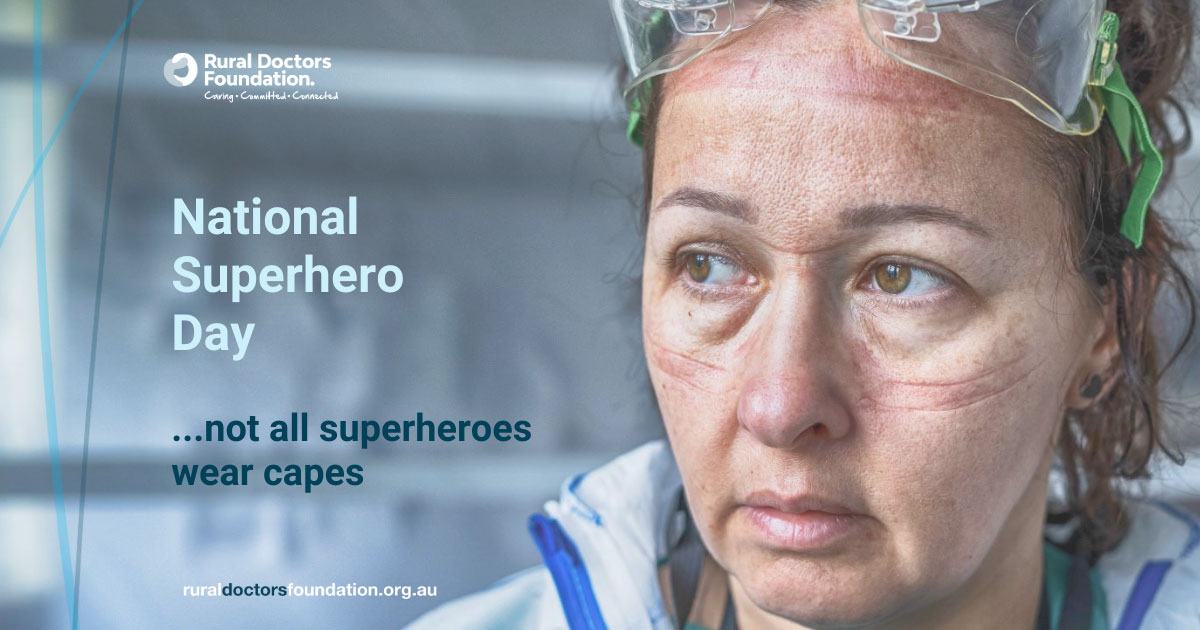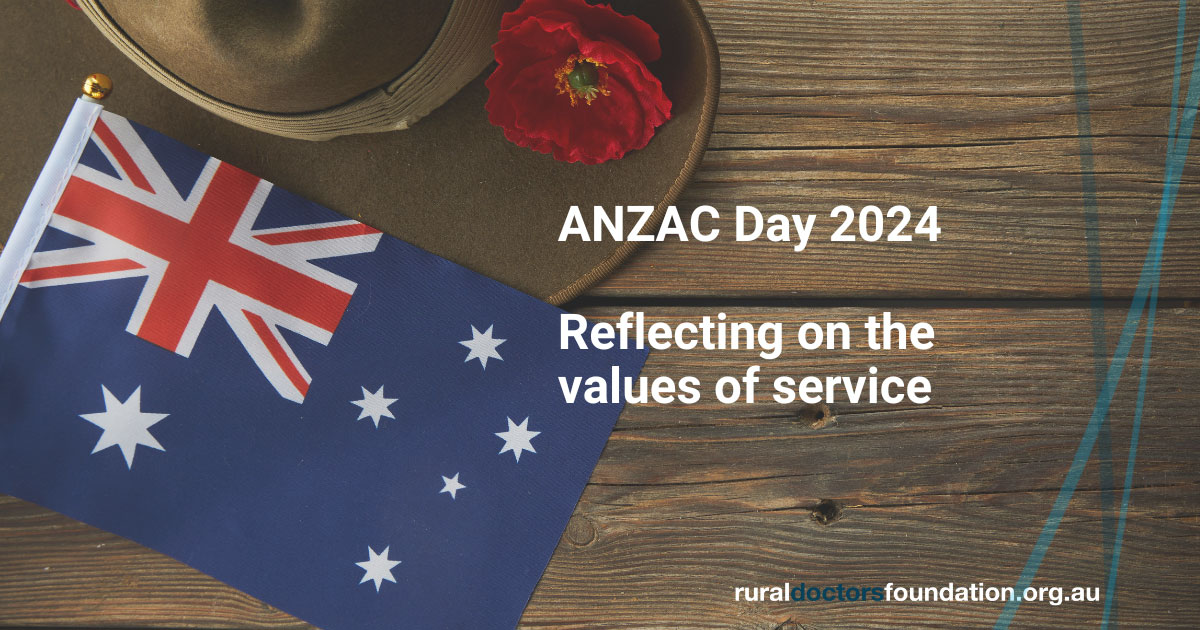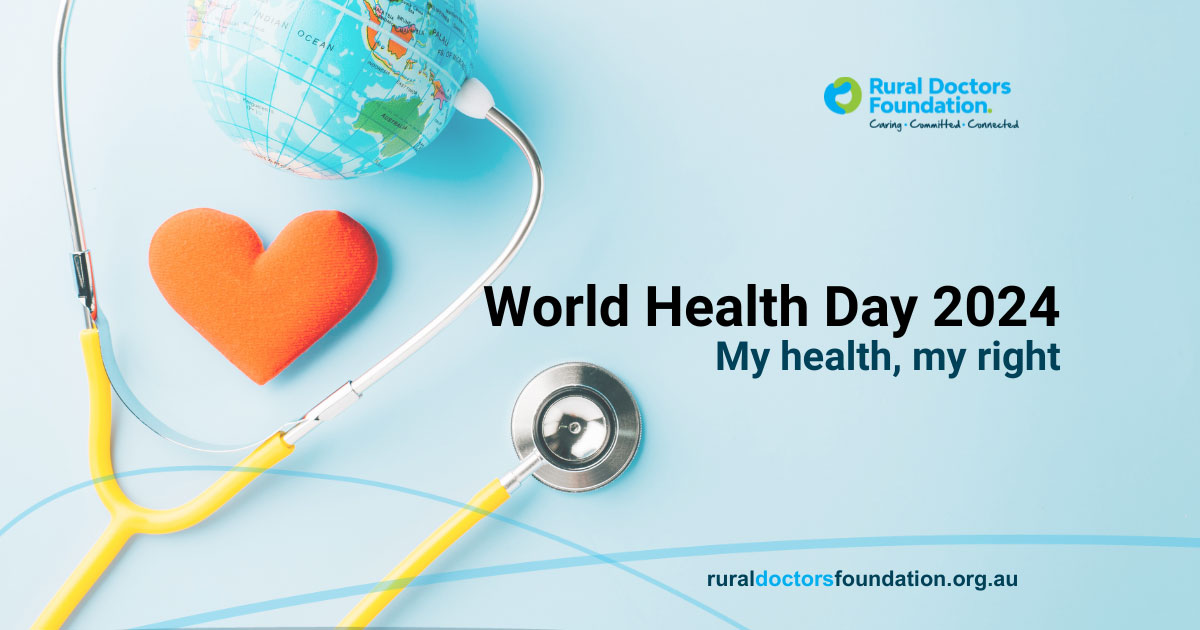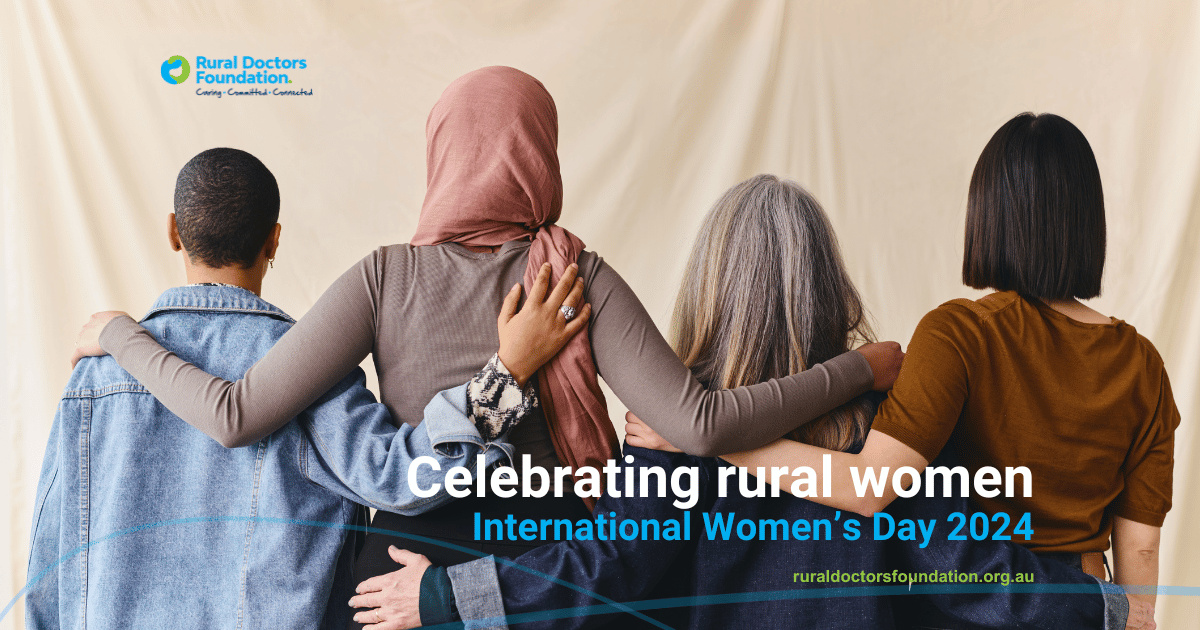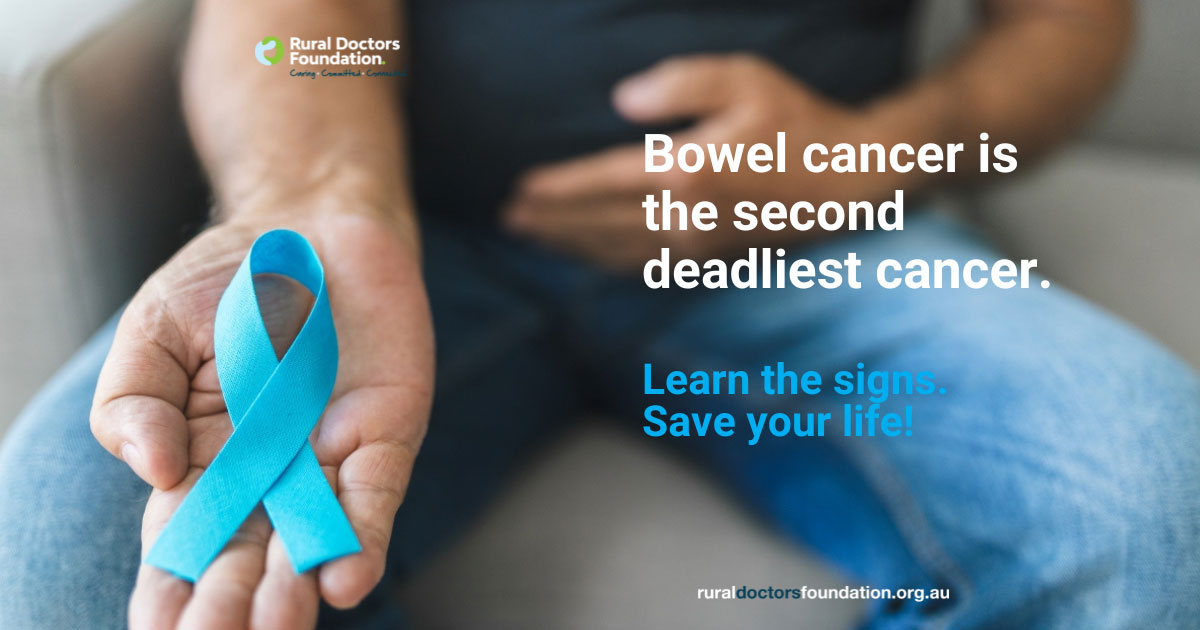Not all superheroes wear capes. Our rural doctors, nurses and health practitioners certainly don’t, and they are heroes for sure.
Our real-life superheroes work tirelessly meeting the health needs of their neighbours and townsfolk, often before thinking of their own needs. They give us their dedication, compassion and hard-earned skills and knowledge, helping rural communities thrive.
Today on National Superhero Day, let us acknowledge the hard work our rural health workers do for us and acknowledge the difficulties they face.
It’s also a great time to reflect on the importance of rural health workers asking for help when needed, and finding ways to engage in the self-care they deserve.
Why health workers need help too
The nature of the work means that health workers are more likely to experience poor mental health and physical health problems.
They work long hours, are exposed to intensely emotional and stressful situations, face demanding time pressures, and in rural locations have a smaller health workforce to share the load.
Research shows that 32% of Australian doctors experience high levels of emotional exhaustion. Over 73% of GPs reported that they had experienced burnout over the last year. At rural locations, burnout places both the doctor, the patient and their community at risk, for losing a doctor can be devastating to the rural area they serve.
Rural Doctors Foundation is committed to bridging this gap with the GPs4RuralDocs program, providing extra support to rural health workers.
But while systemic change is truly needed, lifestyle medicine is another beneficial way of preventing and addressing the signs of burnout and improving wellbeing.
What is lifestyle medicine and how can it help?
Lifestyle medicine is an evidenced-based approach to improving wellbeing and preventing and treating chronic diseases through a practical holistic approach.
Learning and using lifestyle medicine in doctors’ own lives can positively impact their own health and the wellbeing of communities. Not only by potentially reducing burnout, but by also reducing chronic diseases.
Lifestyle medicine focuses on six key pillars to wellbeing: mindfulness-based practices, nutrition, physical activity, sleep quality, reducing harmful substances, and connection. Within each of these pillars are self-modifiable ways that health workers can learn and use to empower themselves to enhance their own wellness.
Six ways health workers can prioritise self-care through lifestyle medicine
The science of behaviour change shows that making small changes is the best way to sustainable change. Motivation follows action. When we start to feel the positive impact that a few small lifestyle changes have, people are often internally fuelled to do more.
With this in mind, here are some first steps anyone can take in each of the six pillars of lifestyle medicine:
1. Mindfulness
Take the time to start noticing your breath. Take a break during the day and just observe the breath coming in and out of your nose, and observe how your belly rises and falls.
When we start to observe the physical sensations of breath, our breath naturally slows down, and our body is allowed space to relax and activate the parasympathetic system.
Here we can create better wellbeing, reduce cortisol and get back to work a little more relaxed. Research has found that undergoing mindful awareness, meditation, relaxation or yoga can significantly reduce stress and burnout.
2. Nutrition
Start to eat more whole foods. Steer away from heavily processed foods as these are linked to not only many chronic diseases, but poor mental health too. Having a diet rich in whole foods will increase your nutrition, immunity (through gut microbiome) and physical and mental wellbeing.
3. Physical activity
Take a walk in nature early in the morning, during your tea break or after work.
Physical activity is shown to improve mental wellbeing and of course physical health. Walking has been shown to reduce stress levels. By getting out into the fresh air and noticing nature it improves mental wellbeing too.
4. Sleep quality
Create a screen cut-off time before bed. Let your mind unwind to better enable you to get a good night sleep. By improving our sleep, we improve our mood, memory, brain performance and health.
5. Reduce harmful substances
It is not recommended to drink any more than two standard drinks in a day and the Cancer Council advises that any amount of alcohol increases your risk of certain cancers.
Alcohol can impact mental wellbeing, triggering anxiety, and reduce quality of sleep giving rise to more health issues.
6. Connection
An important pillar of lifestyle medicine, which can underpin all other pillars, is social connection. Social interactions are critical to our overall health and wellbeing. Loneliness and isolation can have huge impacts on our mind and body.
Also known as social prescribing, it’s about maintaining bonds, feeling supported by other people and staying connected.
Group activities can be a great way to do this and you can even use this as a platform to leverage the other pillars of Lifestyle Medicine. For example, you could join a mindfulness-based class, a yoga class or a nutritional education group.
Jade Newnham is an accredited health and wellness coach (with HCANZA) specialising in mental fitness. Jade is also a registered mindfulness, meditation and breath work teacher (with Meditation Association of Australia). Her work and educational background includes Public Health at state level and she is currently undergoing accreditation in Lifestyle Medicine.

